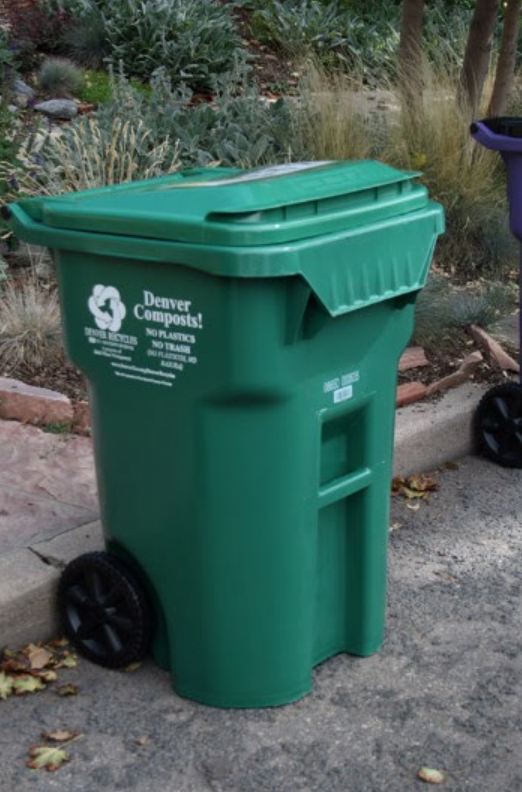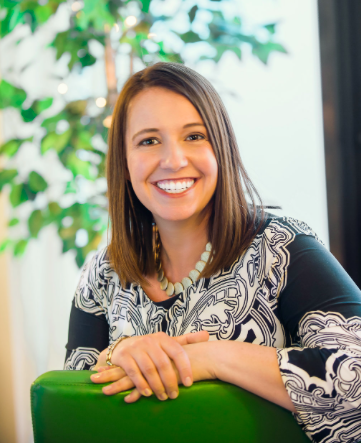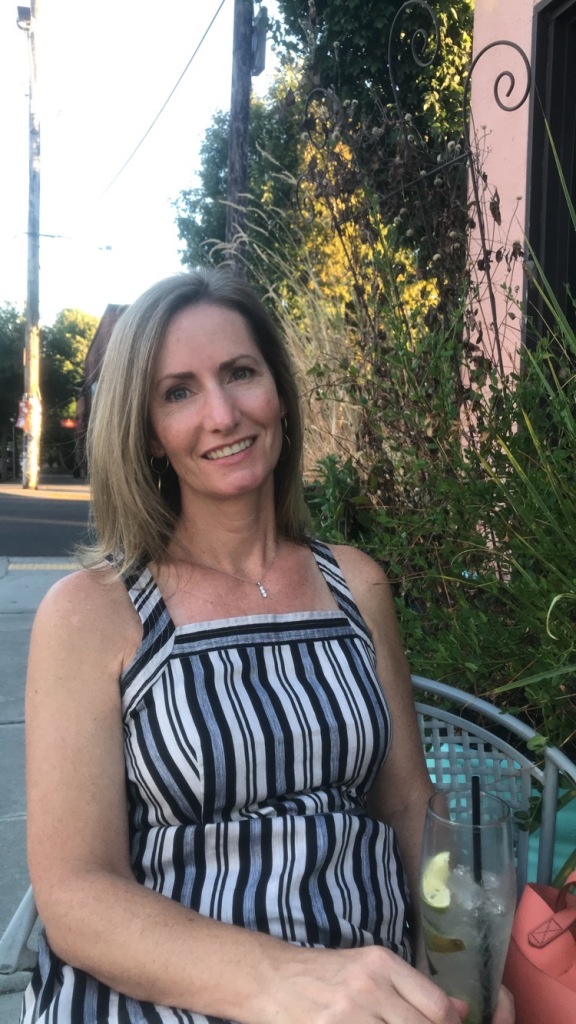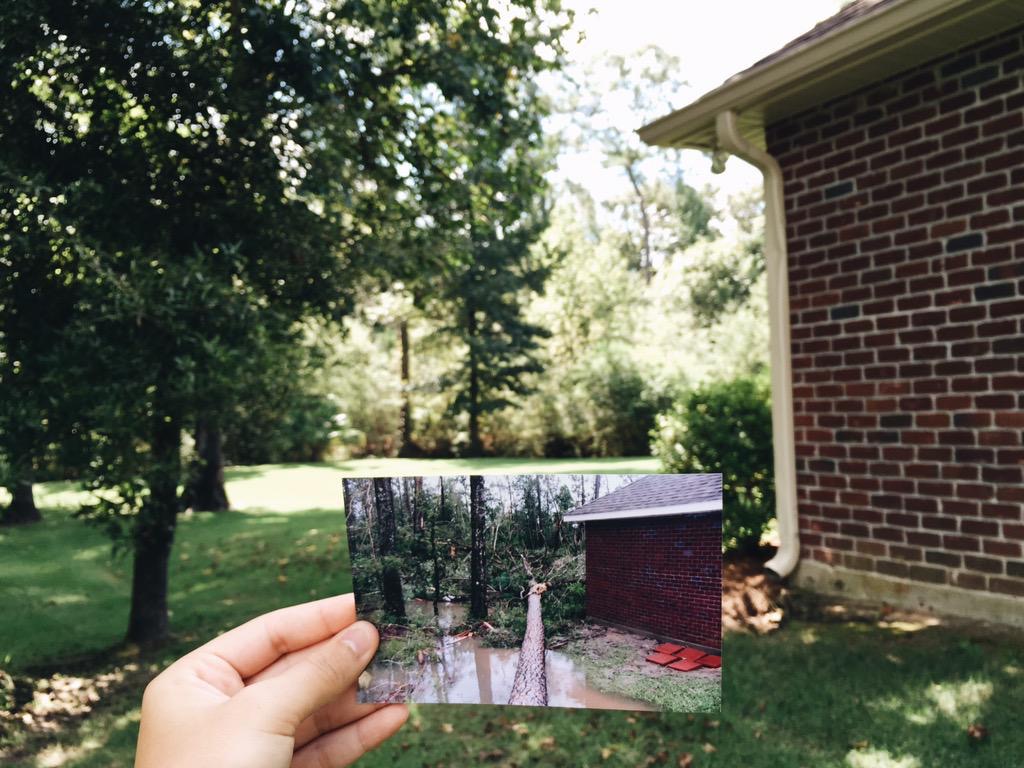After Hurricane Katrina struck the gulf coast of the United States in 2005, recovery was on the forefront of everyone’s mind in New Orleans. With widespread destruction and an ample amount of flooding, the city of New Orleans as well as the entire Gulf Coast was in disarray for many years following the hurricane. However, when one thinks of Hurricane Katrina now, they probably think of the feel-good recovery stories.
Coronavirus coverage catapulting fear in the public, locally at DU and globally among all concerned citizens

This was even seen in past outbreaks, such as the Zika, Ebola, and MERS infectious disease outbreaks. It is through these other phenomenons that “government agencies such as the Centers for Disease Control and Prevention (CDC) have started to use social media to inform the public of emerging infectious diseases,” according to an article in Health Communication journal.
This can be seen in the case of MERS–a viral respiratory disease caused by a coronavirus–when it was found in the Middle East in 2015. The Health Communication journal discovered that the public sought out information on the disease via social media “because the government withheld necessary information.” Continue reading
Denver’s homelessness crisis: Criminalizing poverty
In Abraham Maslow’s hierarchy of needs, he sets a framework of what every person needs to survive. The bottom level, the most basic and desperate needs of humanity, includes food, water, warmth, rest, and shelter. The lack of any of these is the lack of a human necessity. When food insecure Americans lack the ability to get nutritious meals, we rally around food drives and donate to hunger ending campaigns. However, the lack of shelter is treated much differently in the United States. Housing is absolutely vital to human survival, but often, the lack of it is treated as an intrinsic flaw, the fault of those who suffer from it. In Denver, homelessness is on the rise.
As of January 2019, Colorado had an estimated 9,619 people experiencing homelessness on a given day, many of which are concentrated in Denver, the largest metropolitan area in the state. The causes are complex, but experts agree that poverty is the largest cause of homelessness. That said, social factors like substance abuse, domestic violence, and mental illness have a huge impact as well. And poverty itself is a complicated interplay of education, joblessness or underemployment, and local housing costs.
Composting on University of Denver campus: Does it actually make a difference?
By Sophie Smrcka

As you exit a dining hall, an academic building, a dorm, or the library on the University of Denver campus, you will see a compost bin. They are most often right next to the trash and recycling, clearly marked, and have a sign describing what should be disposed of in which receptacle. However, most of the time your napkin and food can be composted but your box for the food cannot be, the cup can be composted but the straw cannot. How many young college students are dedicated to actually separating their compost?
Continue readingUber and Lyft have a big competitor in Denver, RTD

Just hundreds of feet away from two freshman dormitories on the University of Denver campus lies a transit method that has the ability to bring students almost anywhere in Denver, for free. However, almost no students take this opportunity to travel around the city, why?
The University of Denver provides its students with an unlimited RTD pass that works for both the light rail, busing system, and transit train to the airport.
Theresa Rinker, manager of Market Development for RTD, is responsible for marketing efforts for the company.
“We work with over 11 universities from Colorado to help them provide their students with the opportunity to travel on the light rail. All different types of schools work with us, from DU to the Community College of Denver.”
Antarctica is battling the implications of climate change

Antarctica is the southernmost continent on the globe. It is a desolate, uninhabited-besides the penguins, ice-covered mass. Many people are unaware to the extent of climate change in Antarctica.
“The sea levels rising due to global warming will hurt humans in the long run too, as our cities along the coastline will be impacted and our food source like fish will become imbalanced,” Kat Munns, a sophomore at the University of Denver, said.
Study abroad plans in limbo as coronavirus continues to spread

Over the past week, panic has ensued across the country due to the global outbreak of the novel coronavirus disease (COVID-19). As of March 15, there have been 1,678 confirmed cases of the virus in the United States. There is also reason to believe that this number is far from accurate after Ohio health officials estimated that 100,000 Ohioans have the virus.
Live core confident: therapist shares how she started her private practice

Woodhull Wellness: stress less in the office

Exploring creativity, Shari Erickson on the field of advertising

Throughout her career, Shari Erickson has worked for “big” agency advertisers, small shops, and has worked to help get a start-up agency established. As we connected on the phone from many miles away, she answered excitedly, eager to share her story and experience with the next generation of creatives and advertisers.
Erickson, now based out of Portland, Oregon, started out of Kansas with a BFA in Graphic Design from the University of Kansas School of Architecture and Design.

